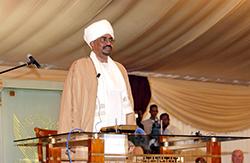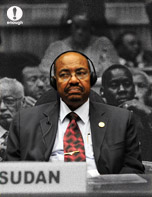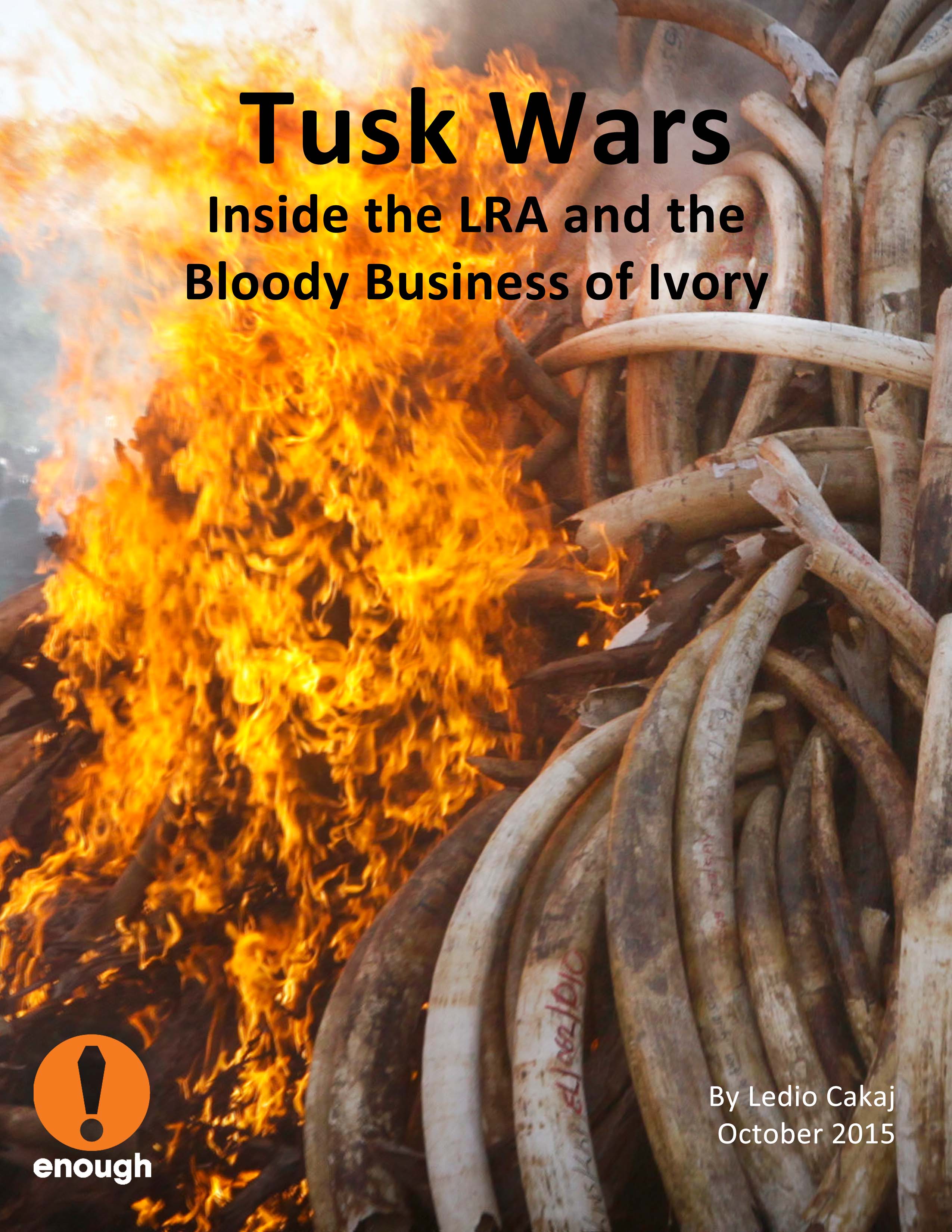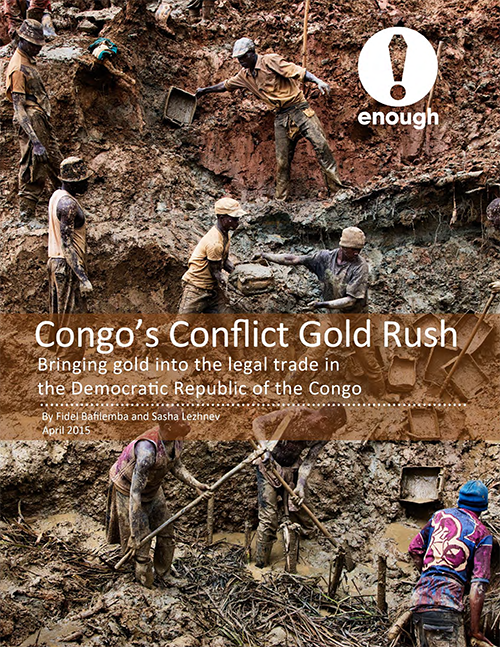Activist Brief: New Policy Approach to Sudan

Click here to download the one-pager. Past approaches for achieving peace in Sudan have failed. A new approach, in which a revitalized peace process is supported by new leverage developed through the expanded use of modernized financial pressure policy tools, could succeed. The focus would be to promote lasting peace and disrupt and ultimately dismantle the most enduring root cause of continuing conflict and dictatorship: the violent kleptocratic system constructed by President al-Bashir and his inner circle. To more effectively support peace, human rights, and good governance in Sudan, policymakers should construct a new policy approach that attempts to counter and ...
Activist Brief: “Five Lessons from a Sanctions Practitioner”
Economic sanctions, the steps a government takes to prohibit certain types of economic activities with a foreign country, company, or individual, have become a preeminent tool of U.S. foreign policy. They are used to combat threats ranging from nuclear proliferation in Iran or North Korea to civil strife and mass atrocities in Central Africa. In past decades, sanctions were typically “comprehensive,” in which the United States would ban nearly all trade and economic activity with an adversary. Today, most U.S. sanctions programs are “targeted,” in which the U.S. will freeze the assets of specific, named individuals and companies overseas and ...
Activist Brief: A New Policy Approach to the Democratic Republic of Congo
If international policymakers are to have a real impact in helping Congolese reformers actually transform the system of violent kleptocracy in the Democratic Republic of Congo, they need to shift lenses. Policies should focus on creating significant consequences for those most responsible for the system of violence, corruption, and undermining of democracy. This can be done by creating new leverage using tools of financial pressure normally reserved for countering nuclear proliferation and terrorism aimed at isolating certain leaders from the international financial system, and increasing support for Congolese civil society organizations and journalists to hold the government accountable ...
Activist Brief: Violent Kleptocracies
What is a Violent Kleptocracy? Enough defines violent kleptocracy as a system of state capture in which ruling networks and commercial partners hijack governing institutions for the purpose of resource extraction and for the security of the regime. Ruling networks utilize varying levels of violence to maintain power and repress dissenting voices ...
U.S. Tools to Bankrupt Kleptocracy: Targeted and Sophisticated Sanctions Programs
Sanctions are well-suited to countering violent kleptocracies because of their ability to impact the target regime’s wealth. Sanctions can alter kleptocrats’ problematic incentive structures, which favor continued conflict over peace due to the prospect of financial gain from war. To be most effective, however, sanctions must be strategic in both design and implementation ...
U.S. Tools to Bankrupt Kleptocracy: Anti-Money Laundering and Asset Seizure
Corruption and money laundering go hand in hand. Money laundering is the effort to legitimize wealth obtained through the commission of a crime, often known as a “predicate offense.” Fraud, theft, bribery, and other acts associated with corruption are considered to be predicate offenses in most jurisdictions. A wide range of anti-money laundering provisions have come into force over the past century that can be used to combat corruption. However, numerous loopholes that remain in place allow ill-gotten gains to enter the United States with ease and prevent efforts aimed at tracing and seizing the proceeds of corruption ...
U.S. Tools to Bankrupt Kleptocracy: The Foreign Corrupt Practices Act (FCPA)
The Foreign Corrupt Practices Act (FCPA) was passed in 1977 and prohibits U.S. persons from bribing foreign officials. The law was developed after an investigation by the U.S. Securities and Exchange Commission found that in order to secure business opportunities overseas, over 400 U.S. companies had paid hundreds of millions of dollars in bribes to foreign officials. The same investigation found that these firms were using “secret slush funds” and falsifying corporate records to disguise illicit payments to foreign officials (as well as illegal campaign contributions to U.S. politicians) ...
Activist Brief: Modernized Sanctions for Sudan: Unfinished Business for the Obama Administration

A new Enough Project report details how, in its final nine months, the Obama administration has an unprecedented opportunity to build on emerging leverage with the Sudanese government and deploy new targeted financial pressures to support a peace deal in Sudan ...
Activist Brief: Tusk Wars – Inside the LRA and the Bloody Business of Ivory

Joseph Kony’s Lord’s Resistance Army (LRA) is part of an onslaught of poaching in central Africa, and continues to pose a threat to local populations, across a swathe of central and east Africa, according to a new field-researched report by the Enough Project. The report, Tusk Wars: Inside the LRA and the Bloody Business of Ivory, tracks how ivory trafficking funds LRA operations and perpetuates violence against civilians. It uncovers new evidence of ivory trafficking into Sudan, including testimony by ex-LRA members of transactions with Sudanese merchants, as well as alleged trade with Sudan Armed Forces officers ...
Activist Brief: Congo’s Conflict Gold Rush

While significant progress has been made towards creating a conflict-free minerals trade in eastern Democratic Republic of Congo, gold continues to fund armed commanders. Thanks to on the ground initiatives in Congo, international activist and industry pressure, and federal legislation in the United States, 70 percent of the 3T mines (tin, tantalum, and tungsten) are now free of armed groups and Congo’s army, according to the International Peace Information Service. However, only 35 percent of gold mines in eastern Congo are conflict-free, with abusive Congolese army commanders and armed groups still profiting from the trade ...

